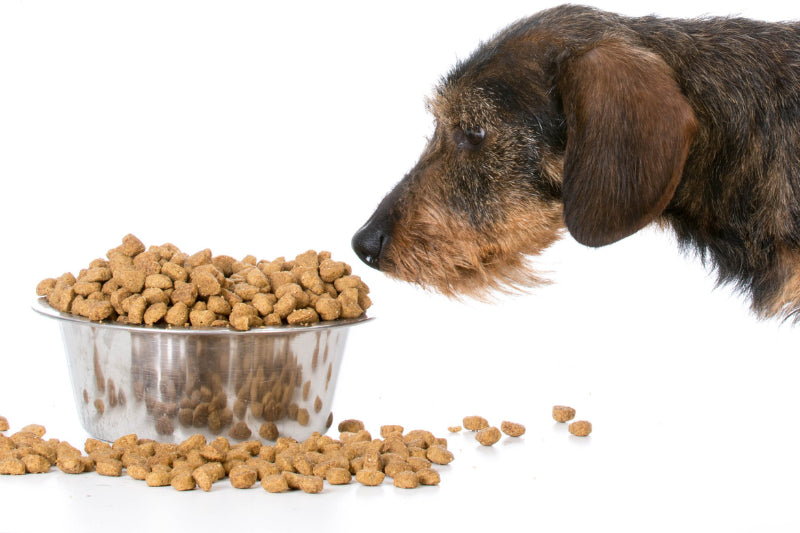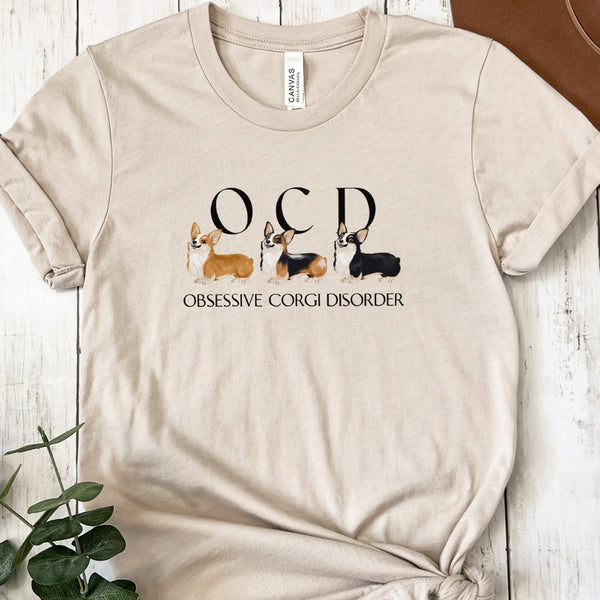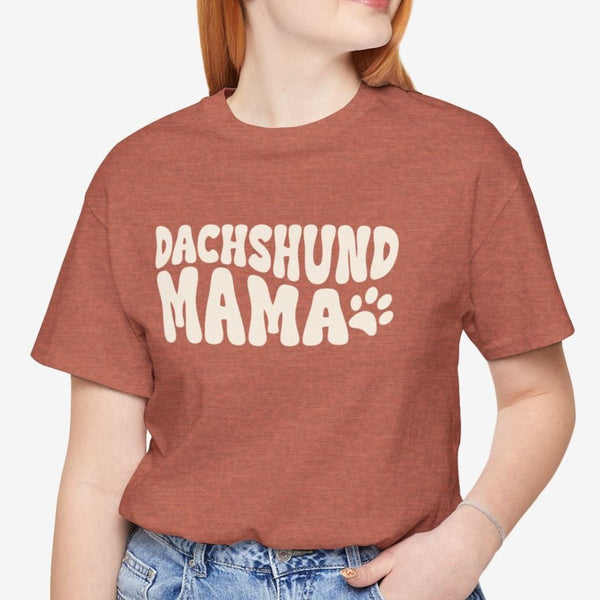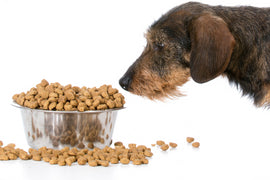Dog Feeding Calculator
Posted by ROBERTO BURALLI

🐕 Dog Feeding Calculator
Personalized Dog Feeding Guide for all breeds
Daily Caloric Needs
This is the estimated daily caloric requirement for your dog based on their specific characteristics.
Daily Food Amount
Total daily food amount to be divided into the recommended number of meals.
Number of Meals Per Day
Recommended frequency of feeding based on your dog's age and digestive needs.
Meal Portions
Individual portion size for each meal based on the recommended feeding frequency.
Feeding Schedule
Optimal feeding times based on your dog's age and needs.
🎯 Personalized Feeding Tips
⚠️ Important Disclaimer
These calculations provide general feeding guidelines based on average requirements. Individual dogs may have different needs due to metabolism, health conditions, or other factors. Always consult with your veterinarian for personalized feeding recommendations, especially if your dog has special dietary needs or health concerns.
💡 Pro Feeding Tips
- Monitor your dog's body condition and adjust portions accordingly
- Use measuring cups for accurate portion control
- Establish consistent feeding times
- Fresh water should always be available
- Gradually transition between different foods over 7-10 days
- Treats should not exceed 10% of daily calories
- Regular weigh-ins help track proper nutrition
- For homemade diets, consult a veterinary nutritionist to ensure balanced nutrition
- Homemade food portions may vary significantly based on ingredients and preparation methods
Understanding Your Dog's Nutritional Needs
Proper nutrition is the cornerstone of your dog's health and wellbeing. Every dog is unique, and their feeding requirements depend on multiple factors including breed, age, weight, activity level, and overall health status. Getting the right balance ensures your furry companion maintains optimal energy levels, healthy body condition, and longevity.
Why Breed Matters in Dog Nutrition
Different breeds have evolved with distinct metabolic rates, energy requirements, and predispositions to certain health conditions. For instance, working breeds like Border Collies typically require more calories per pound than less active breeds like Bulldogs. Large breeds have different growth patterns compared to small breeds, affecting their nutritional needs throughout their lives.
The Importance of Life Stage Feeding
Puppies require significantly more calories per pound of body weight than adult dogs due to their rapid growth and development. Senior dogs often need fewer calories but may benefit from enhanced nutrition to support aging joints and organs. Adult dogs in their prime typically have the most predictable feeding requirements.
Activity Level Considerations
A dog's daily activity level dramatically impacts their caloric needs. Working dogs, highly active pets, and those engaged in regular training or sports may require 20-40% more calories than sedentary companions. Understanding your dog's activity level helps prevent both underfeeding and overfeeding.
Advanced Feeding Considerations
Special Dietary Needs
Some dogs require specialized diets due to allergies, sensitivities, or medical conditions. Common issues include food allergies, kidney disease, diabetes, and digestive disorders. Working with your veterinarian to identify and address these needs is crucial for your dog's long-term health.
Reading Dog Food Labels
Understanding dog food labels helps you make informed choices. Look for foods where a high-quality protein source is the first ingredient. The guaranteed analysis provides minimum protein and fat percentages, while the caloric content helps with portion control. AAFCO (Association of American Feed Control Officials) statements indicate the food meets established nutritional standards.
Signs of Proper Nutrition
A well-fed dog exhibits several positive signs: a shiny, healthy coat; bright, clear eyes; appropriate energy levels; healthy skin without excessive itching; and maintenance of an ideal body weight. Regular veterinary check-ups can help ensure your feeding program is supporting optimal health.
SHARE:













